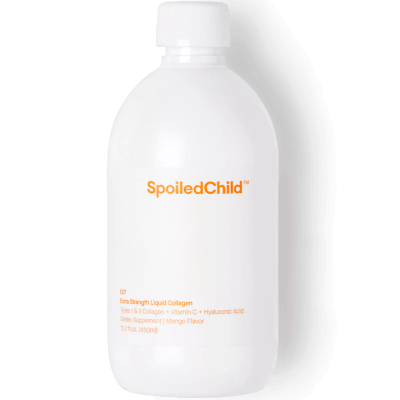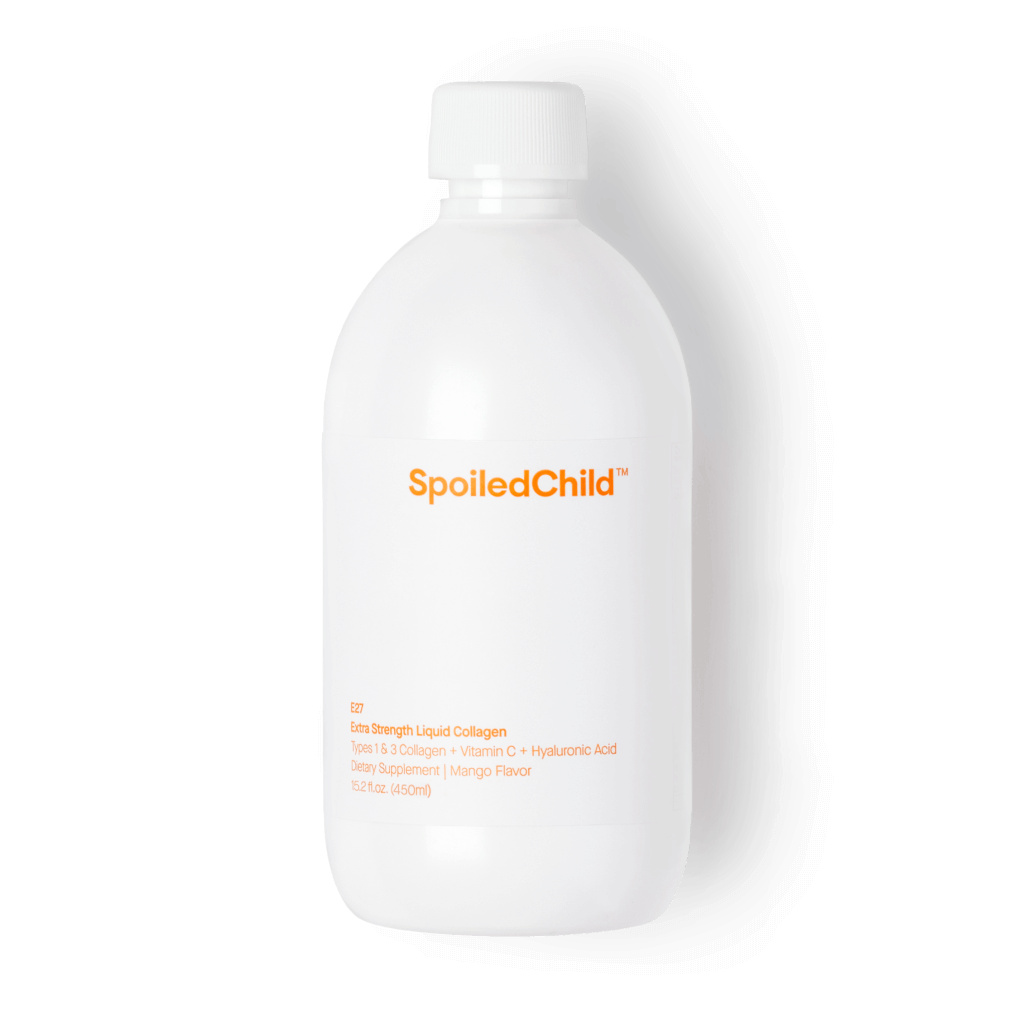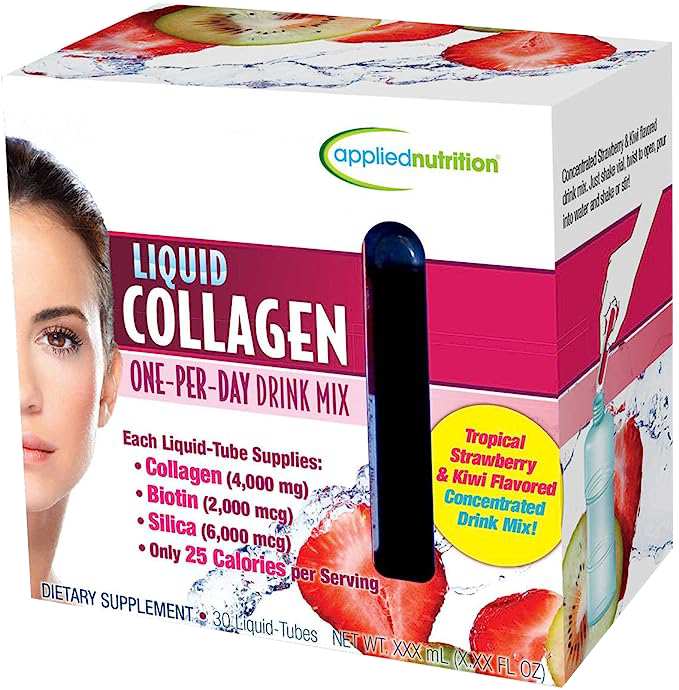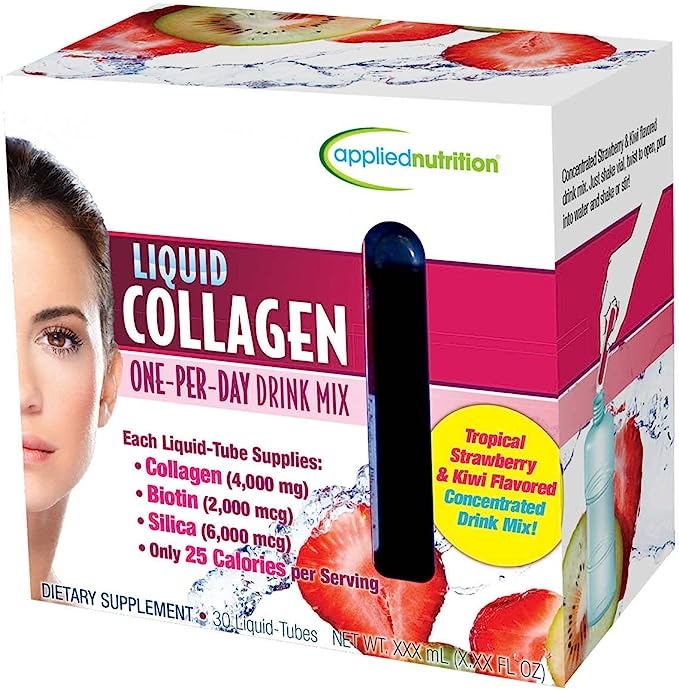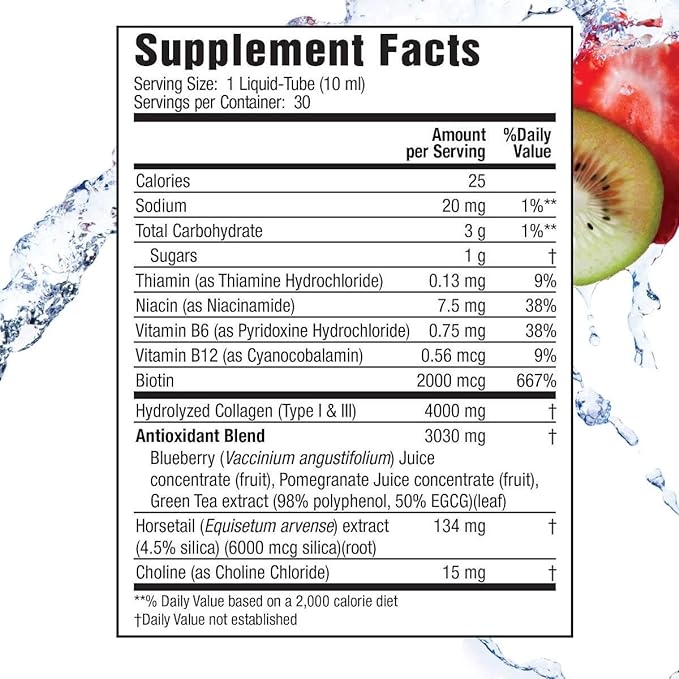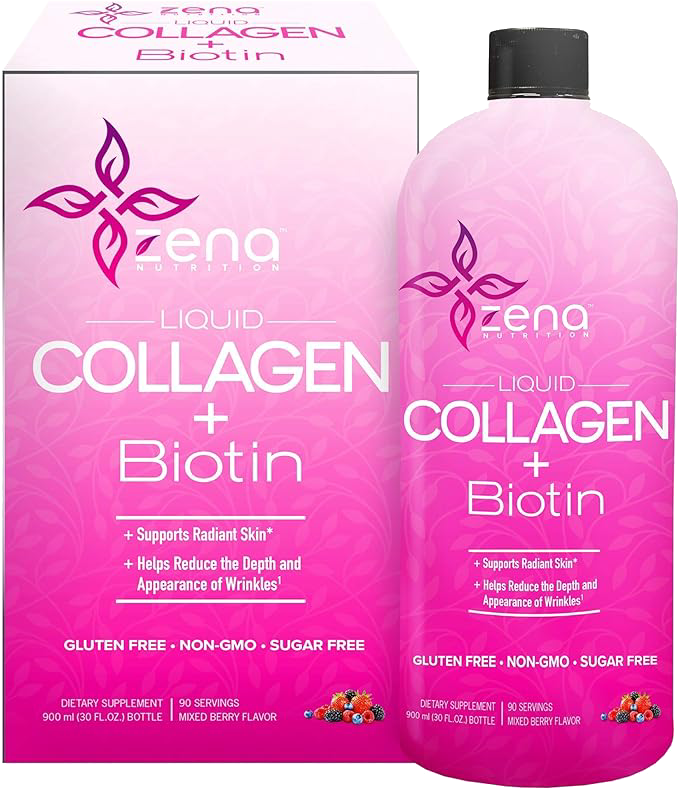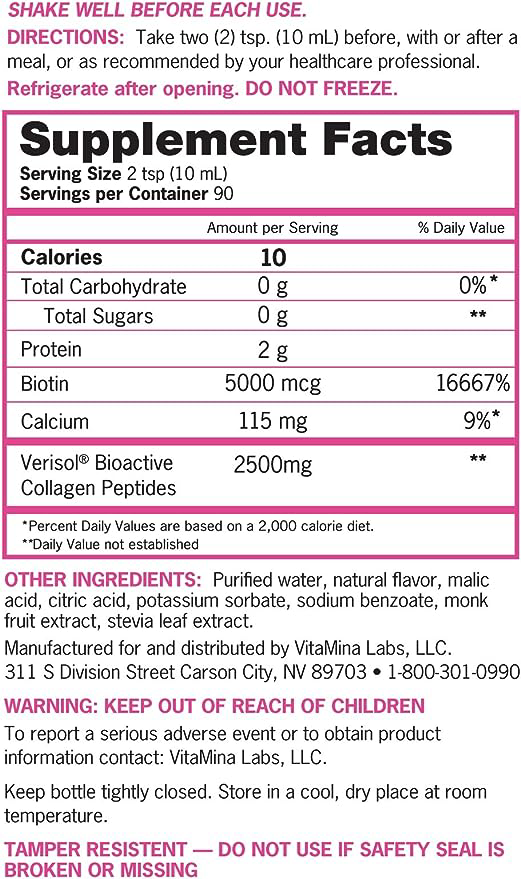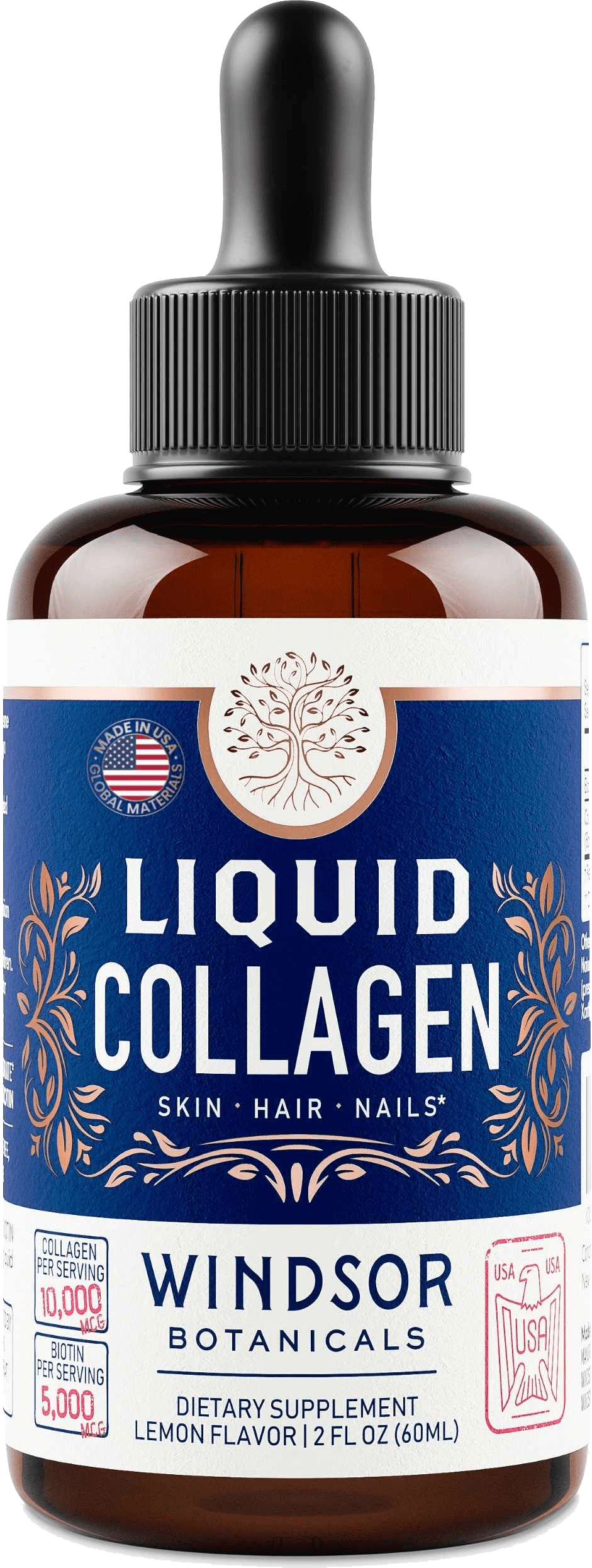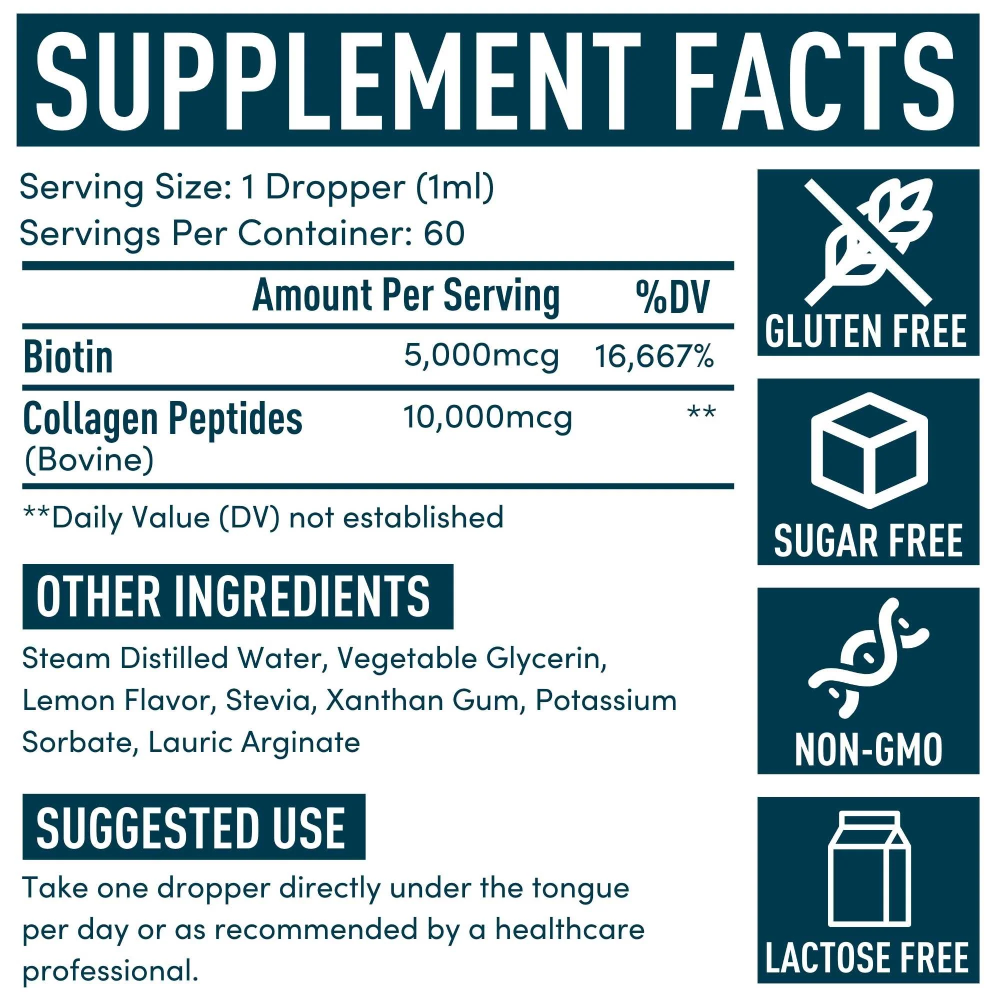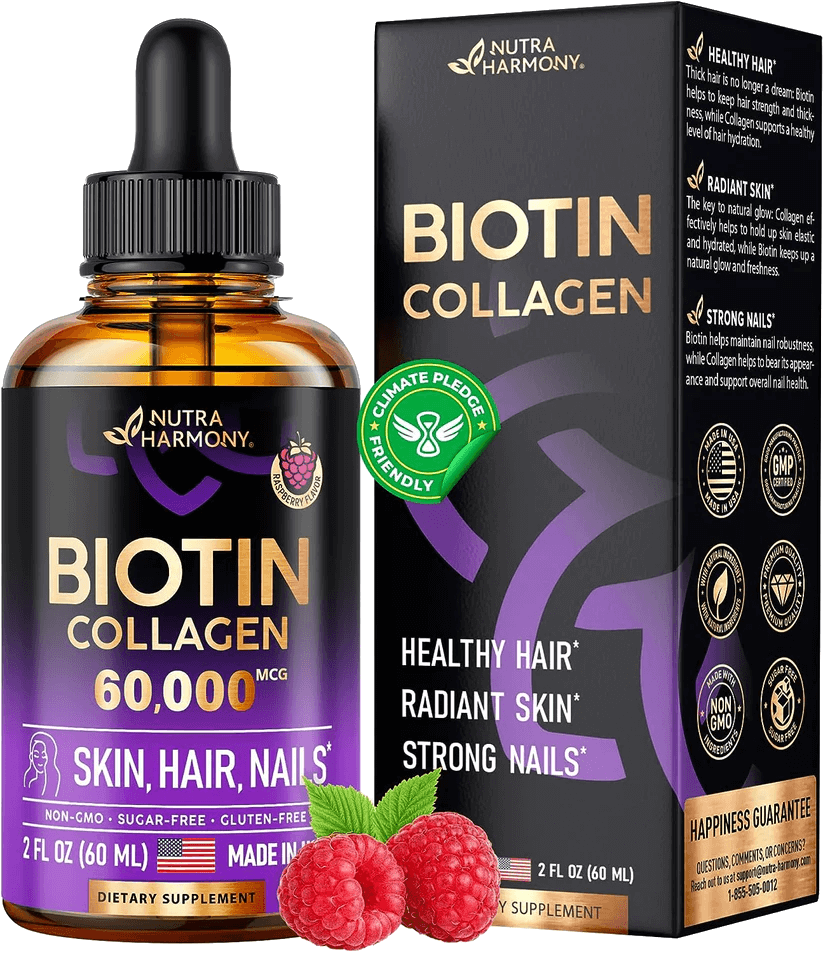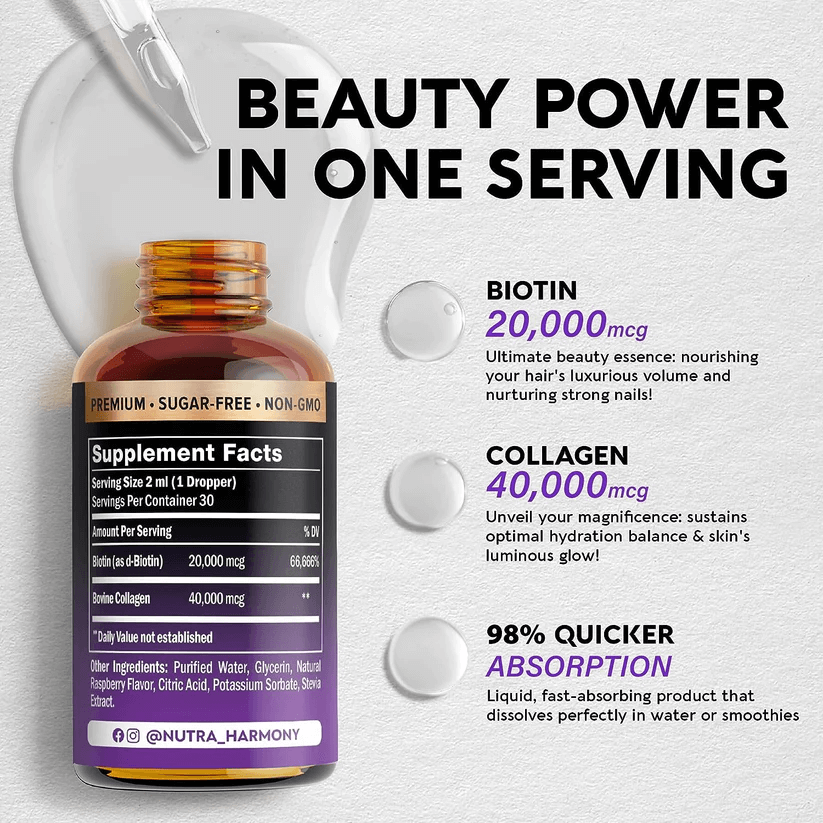How to choose the best collagen supplements
Frequently Asked Questions
The Importance of Choosing the Right Collagen Supplement
Choosing the right collagen supplement is important for people seeking to enhance their skin health, strengthen joints, or boost overall health. Collagen is the most abundant protein in the body, and supplementation can provide valuable support. However, not all collagen supplements are created equal because of the diverse array of types, sources, and formulations.
Types of Collagen Supplements
There are different types of collagen supplements to consider and their various benefits when choosing them.
- Type I collagen
Type I Collagen is the most common type found in the body, mostly in parts like bones, tendons, skin, and ligaments. This collagen type provides the skin with its elasticity and firmness. It gives the nails the strength to withstand pressure and external damage. Type 1 collagen supplements can also help improve skin hydration, reduce wrinkles, and support overall skin health. In addition, it plays a crucial role in supporting the health of tendons, ligaments, and bones.
- Type II Collagen
Type II Collagen is predominantly present in bones and cartilage. It is mostly present in supplements used to improve joint function and help reduce joints' related pains. They may be beneficial for individuals with joint issues like arthritis. They also help to maintain the integrity of cartilage and joints, reducing joint pain and inflammation.
- Type III Collagen
This collagen type is commonly found in the lungs, skin, intestinal walls, and blood vessels. It often works in conjunction with Type 1 collagen. Supplements with Type 3 collagen can support skin elasticity and health, as well as the health of the blood vessels.
Most dietary collagen supplements focus on providing Type I, II, or III because they are the most prevalent in the body and have the most research supporting their use.
Source and Quality of Collagen Supplements
Collagen supplements can come from several sources and in a few different forms. Below is a basic breakdown of the sources and quality considerations for collagen supplements:
Sources of Collagen Supplements
- Bovine Collagen: This is the most common source of collagen supplements. Bovine collagen is made from the hides and bones of animals such as cows. It is rich in Type 1 and Type 3 collagen, beneficial for skin, bones, and muscles.
- Marine Collagen: This type of collagen is sourced from fish, specifically their scales and skins. It is primarily Type 1 collagen, known for improving skin elasticity and hydration.
- Poultry Collagen: Sourced from the skin, bones, and cartilage of chickens, this collagen is typically high in Type 2 collagen, which is beneficial for joint health.
- Porcine Collagen: Porcine collagen is derived from pigs and contains Type 1 and Type 3 collagen.
Quality
When choosing a collagen supplement, consider the following:
Firstly, hydrolyzed collagen is a preferred source because it's easier for the body to absorb. Additionally, third-party testing ensures the product's reliability and purity, while a clean label indicates transparency in ingredients. Sustainability reflects an environmentally-friendly approach by the brand, and certification provides an extra layer of trust. Furthermore, the ingredients and additional nutrients play a significant role in enhancing the supplement's effectiveness. For instance, many collagen supplements incorporate Vitamin C due to its critical role in converting pro-collagen to mature collagen.
Hyaluronic acid
This compound naturally occurs in the skin and is good for maintaining skin hydration. It's often included in collagen supplements aimed at improving overall skin health.
Vitamins and Minerals
Some collagen supplements contain various vitamins and minerals such as B vitamins, vitamin E, zinc, and others for overall health support.
Antioxidants
Some collagen supplements may also include antioxidants, such as coenzyme Q10. This helps protect against cellular damage and aging.
Amino Acids
Certain collagen supplements are fortified with additional amino acids like proline, glycine, or lysine, which are particularly important for collagen production.
Absorption and Bioavailability of collagen supplements
The absorption and bioavailability of collagen supplements depends primarily on the form of collagen used. Hydrolyzed collagen is broken down into smaller molecules that can be easily absorbed by the body, resulting in higher bioavailability. Over 90% of hydrolyzed collagen is usually absorbed into the bloodstream within a few hours of ingestion. Some collagen supplements may also include absorption enhancers like Vitamin C to further improve absorption. Individual factors such as age and health status can also influence how effectively the body absorbs and utilizes collagen supplements.
Safety and Purity
Safe collagen supplements should be manufactured following strict quality control standards. This is done to avoid adverse reactions or long-term health complications. Also, collagen supplements should be free from dangerous and unnecessary fillers and additives that might incur health-related issues.
When and Why You Need a Collagen Supplement
Natural collagen production in the body decreases with age, often leading to signs of aging, such as wrinkles and joint discomfort. Other factors like smoking, high sugar consumption, and excessive sun exposure can also deplete collagen levels.
Some reasons why you need a Collagen supplement include:
- Aging: If you notice aging signs, like wrinkles, dry skin, joint discomfort, or reduced muscle mass, a collagen supplement might be beneficial.
- Joint and Bone Issues: Collagen supports joint and bone health. Supplements can help reduce joint pain, improve bone density, and potentially aid in osteoporosis and arthritis.
- Skin Health: Collagen is key to maintaining skin elasticity and hydration. Collagen supplements can provide support if you're seeking improved skin health.
- Hair and Nails: Collagen can provide the necessary proteins for strengthening your hair and nails.
- Gut Health: Collagen may support gut lining health, which could benefit individuals with leaky gut syndrome or other digestive disorders.
- Post-Workout Recovery: Due to its role in maintaining muscle tissue, some athletes and fitness enthusiasts use collagen supplements to support muscle recovery after workouts.
How to Choose the Right Collagen Supplement Brand
Here are factors to consider when selecting a trustworthy brand.
- Third-party testing: Brands that use third-party testing offer assurance that the product is safe and contains what it claims.
- Brand reputation: Look for brands with a good reputation for customer satisfaction and quality. You should also check them online as they can provide insight into the experiences of other consumers.
- Price: Price is a practical consideration even though it's important not to sacrifice quality for cost. You should find a supplement that fits your budget and still meets all your other criteria for quality and efficacy.
Conclusion
The process of choosing the right collagen supplement to promote overall health requires the evaluation of several factors. From considering the source to determining purity and cost-effectiveness, all of this is vital in ensuring you make the right choice.






